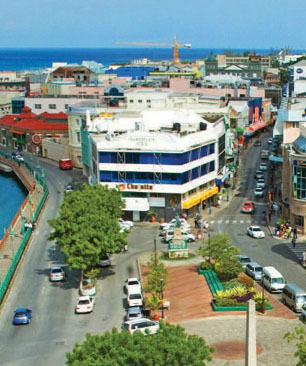How hard would it be for Canada to follow Barbados and become yet another Commonwealth republic?
Oct 18th, 2020 | By Ashok Charles | Category: Canadian Republic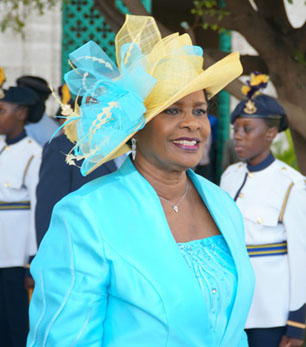
SPECIAL FROM ASHOK CHARLES, EXECUTIVE DIRECTOR, REPUBLIC NOW/RÉPUBLIQUE DU CANADA, TORONTO/THUNDER BAY. OCTOBER 18, 2020 : That Barbados has resolved to transition from constitutional monarchy to constitutional democracy (see “Barbados To Become A Republic by 2021”) also has relevance for Canada.
Explaining the coming changeover, Barbados’ Governor General, Sandra Mason, said : “Barbadians want a Barbadian head of state. This is the ultimate statement of confidence in who we are and what we are capable of achieving. Hence, Barbados will take the next logical step toward full sovereignty and become a republic by the time we celebrate our 55th anniversary of independence.”
It is noteworthy that this statement was delivered by Barbados’ Governor General, who is, officially, the Queen’s representative. In supporting the transition from a foreign, monarchical office of head of state to one that is national and democratic, Ms. Mason has affirmed that her job is to serve the interests of the citizens of Barbados above all other considerations.
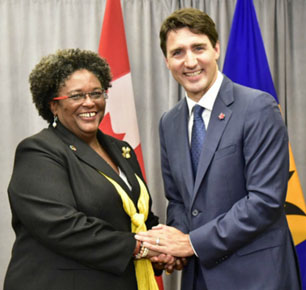
When we replace Barbados and Barbadian in Ms. Mason’s statement with Canada and Canadian, and 55th year with 153rd year, the message is just as valid.
The awareness that Canada will benefit by democratically selecting its own head of state is not new.
In 1978 The Canadian Bar Association’s Committee on the Constitution issued a report entitled “Towards a new Canada”, which stated : “In our view, it is necessary if we are to succeed in promoting throughout this country confidence, pride and a strong sense of Canadian identity that the Head of State be a Canadian. This office is by definition a major symbol of national identity. Its Canadian character must, we think, be undiluted and perceived by all to be an important Canadian symbol.”
On Canada Day in 2014 The Globe and Mail in Toronto ran an article by career diplomat, Paul Heinbecker, which argued that “Fealty to the British monarchy is an anachronism and a drag on Canadian foreign policy that confuses many and delivers little. Its time to turn the page on Buckingham Palace.”
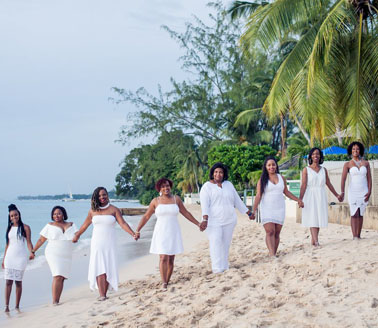
James Cox, former Canadian Brigadier-General with a PhD in War Studies, recommended: “Queen Elizabeth II should be the last Queen of Canada. Canadians cannot avoid discussion about what comes next. The idea that another member of the British royal family should become the Canadian head of state is preposterous, offends our dignity and denies diversity. Canada should abolish the monarchy and become a parliamentary republic.”
Canada is the only member of the G7 which doesn’t have the assurance to administer its own office of head of state. In the G20, only Canada and Australia have this ignoble distinction.
But emphasizing our independence and expressing confidence are not the only reasons for Canada to sever its constitutional link to British royalty. There is also the matter of our values.
In a 1998 CBC radio interview conducted by Peter Gzowski, Beverley McLachlin, who later served as Chief Justice of the Supreme Court, made the point that our Charter of Rights and Freedoms, the formal expression of Canadian values, is the charter of a constitutional democracy.
The late Christopher Hitchens noted : “To be enlightened is to question and challenge aristocracies of wealth, church and politics and, in doing so, justice is ushered in. The monarchy is the brick wall that stops that healthy process. In the 21st century, how can breeding and lineage be allowed to count for so much more than capabilities, talent, aspiration and drive?”
In other words, our highest executive office – like all public service roles – should be assigned on the basis of merit rather than birthright. We are not living up to our own ideals when we adhere to discredited monarchical premises and protocols.
The rationale for constitutional change is clear and the passing of the 94 year-old British monarch will be an excellent time for Canada to turn the page, and start a new chapter as a fully independent constitutional democracy. According to a 2016 Forum Research Poll, 54% of Canadians do not want Prince Charles as our next head of state. This is a transition the majority is ready for now.
Ireland became a republic in 1949. India took the step in 1950. Guyana cut its ties to the British monarchy in 1970, followed by Trinidad and Tobago and Dominica during the same decade. Barbados’ example may inspire Jamaica, St. Lucia, and St. Vincent and the Grenadines to also transform themselves.
Which raises the intriguing possibility that Canada, too, could play a leading role. We’re not going to have our own, democratic office of head of state before Barbados. But if we get started on the hard work of this progressive project now Australia and New Zealand might be prompted to follow suit! (As they did long ago, with our first Canadian Citizenship Act in 1947.)
Ashok Charles was born in Madurai, Tamil Nadu, India. He spent his formative years in Thunder Bay, Ontario and is a graduate of Lakehead University. He then moved to Toronto where he graduated from Ryerson University in photographic arts, and has subsequently worked as a freelance photographer.
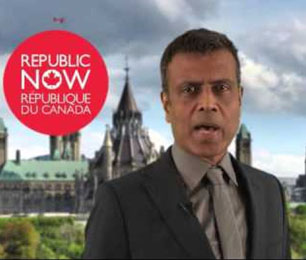
In the early 21st century Ashok became especially interested in democracy, the Canadian Charter of Rights, and the Canadian republican movement. Having become a Canadian citizen in Thunder Bay in 1977, at Queen’s Park in Toronto in 2004 he formally recanted that part of his citizenship oath relating to the British monarchy, while reaffirming those parts that relate strictly to Canada. Citizenship and Immigration Canada assured him that this did not affect his status as a Canadian citizen.
He is executive director of Republic Now/République du Canada, and can be reached at director@republicnow.ca. ; or #419-110 Cumberland St., Toronto, ON. Canada. M5R 3V5.
